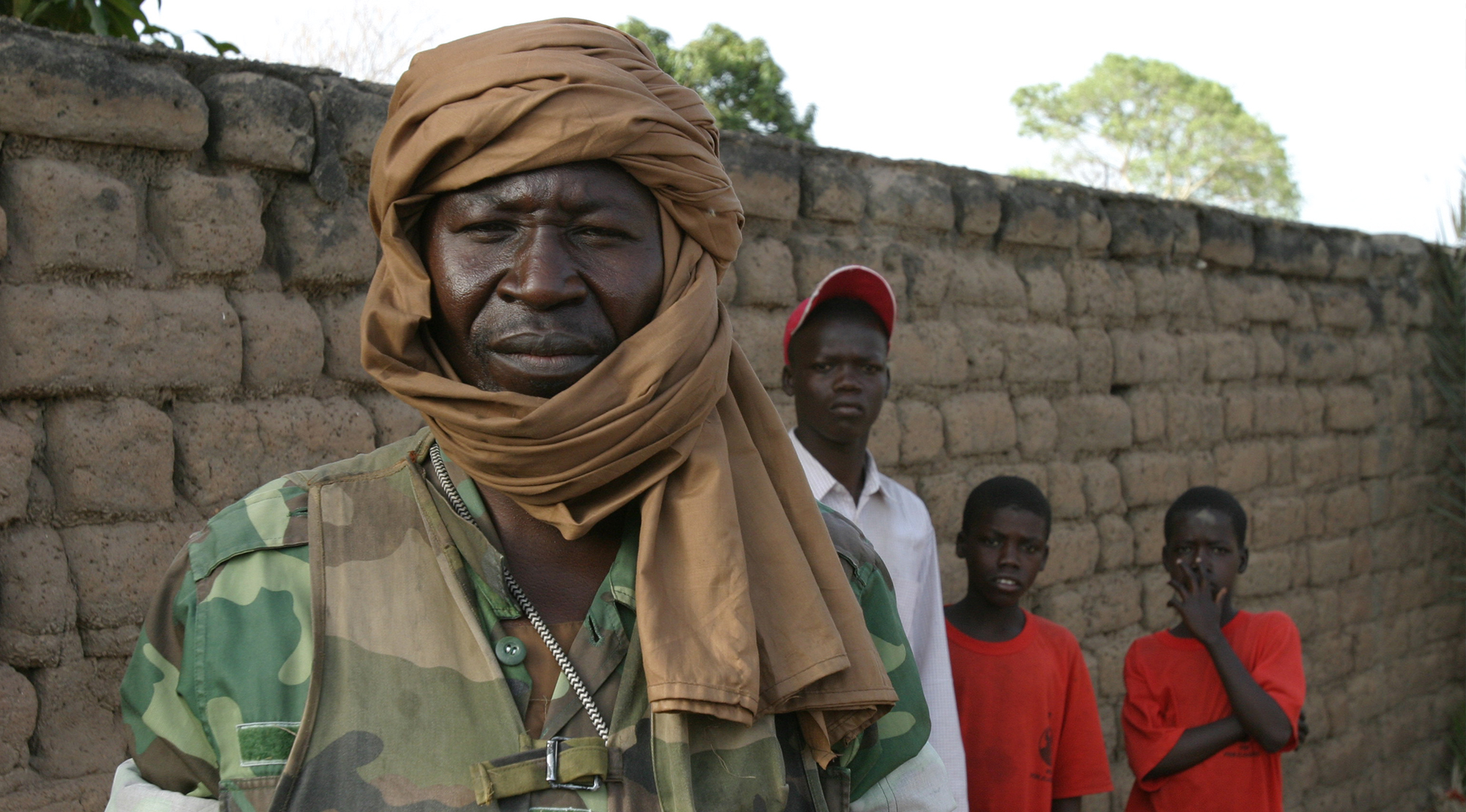The popular story goes that the conflict in the Central African Republic (CAR) is as simple as Muslim versus Christian; Séléka versus anti-balaka. This dominant narrative often leads to equally simplistic peacebuilding responses. By presenting this as a religious war and ignoring the complexities, the real drivers of conflict will never be tackled.
As violence is persistent across the country, it is essential for those working for peace to understand how all parties to a conflict define the causes and drivers of that conflict.
In CAR, along with our partners, we spoke with commanders and rank-and-file members of various non-state armed groups, to ascertain their reasons for remaining in the groups and what would motivate them to leave. The majority of people we spoke to didn’t remain in armed groups because of ideological beliefs or political ambition, but because they had no viable alternatives.
Whilst former members of the Séléka militia may be predominantly Muslim, they are not all Muslim, and certainly not all Muslims support them. Likewise, the anti-balaka groups are diverse, including Christians, animists, Muslim groups and some ex- Séléka.
The religious narrative ignores the complexities of the conflict. It obscures the extent to which the majority of Muslims and Christians share the same aspirations for their country and have done so for decades. Instead of creating further divides in reporting this crisis, these aspirations need to be emphasised.
Community-led reconciliation processes have an important role to play in creating space to change the narrative. In CAR, Conciliation Resources has been supporting 12 Local Peace Committees (LPCs) since 2014 – volunteer-led groups that identify and resolve conflicts in their communities. They lead community-level reconciliation and support the return of former fighters. Through this work they have built trust and have become vital links for discussion between communities and armed groups. The CAR government has now established a nationwide structure known as the Peace and Reconciliation Committees and a pilot scheme to rollout the structure is ongoing, working hand in hand with the LPCs.
Whatever mechanisms chosen to promote reconciliation, those responding should avoid perpetuating narrow rhetoric, and should instead seek to include a variety of perspectives and experiences. Above all, the focus should be on the sources of resilience and the abilities within societies to achieve sustainable peace.


